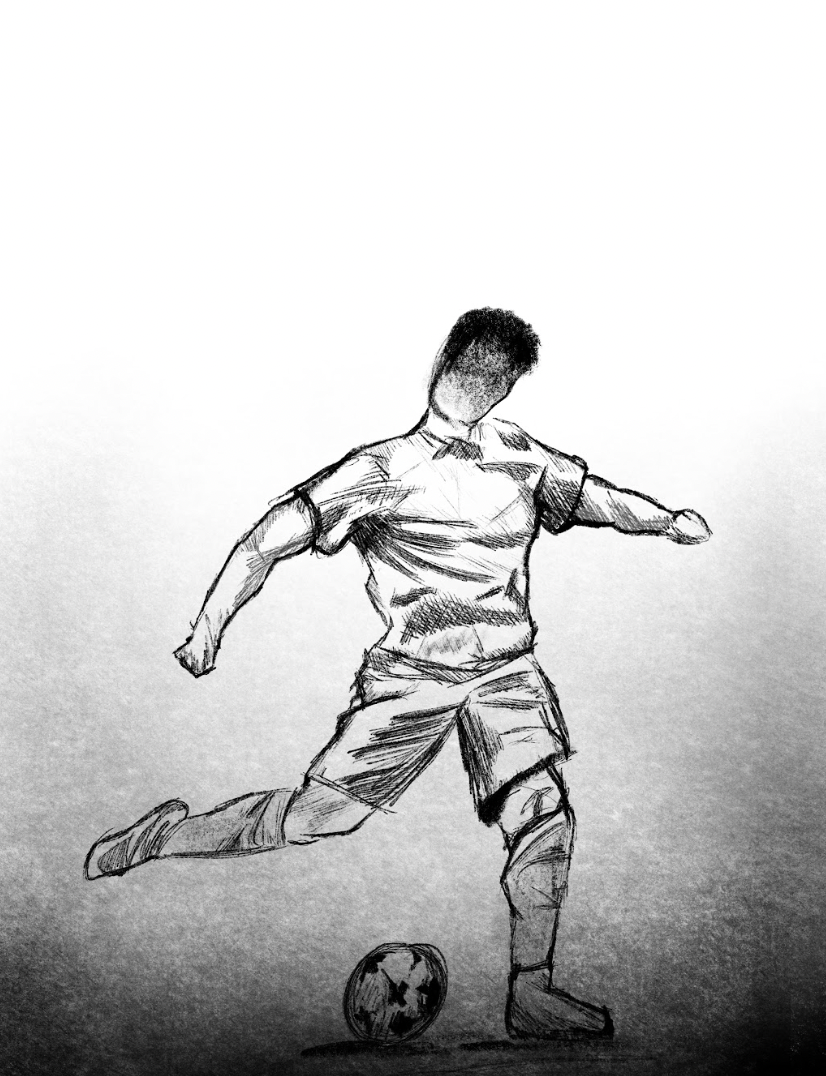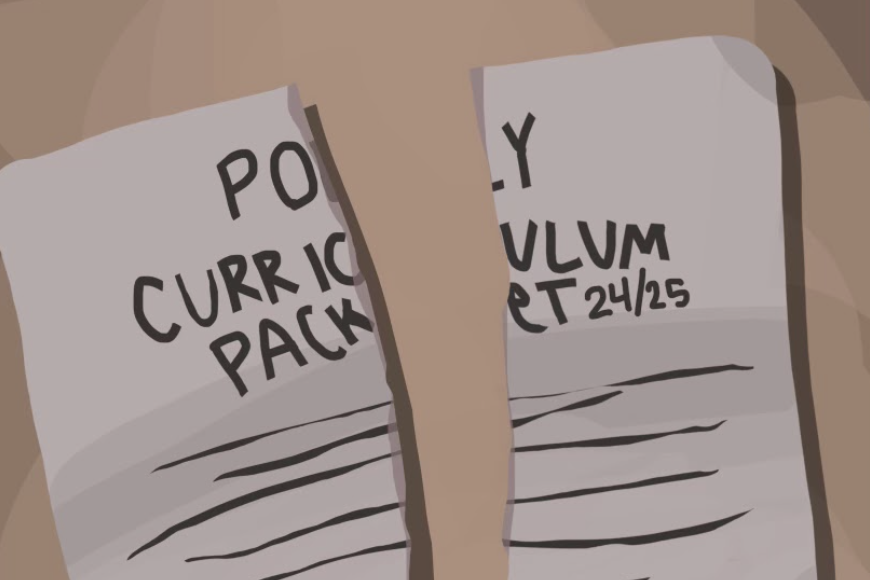Poly’s rigorous academics are typically deemed the most difficult during Quarter 4, when finals, research projects, tests and many assignments overwhelm students. Within the monotonous routine of studying, doing homework and attending school, procrastination, stress and a lack of sleep create an exhausting cycle that students shouldn’t have to endure.
According to the American Institute of Stress, 75% of high school students experience, among other things, an exorbitant amount of stress—something no child should have to face. Nevertheless, high school demands a lot from students, especially at Poly. However, there are many ways to combat stress and procrastination while developing healthy habits that can help every Poly student succeed during the last quarter of the year.
To start with the basics, maintaining good mental health is crucial. Carving out time for yourself is key because even small acts of self-care make daily challenges more manageable. One of the most important steps in a student’s daily routine is breakfast, which is often skipped and substituted with food from Haaga. While Haaga offers various bakery or snack options – muffins, chips, cookies – snacks aren’t sufficient meals and won’t provide you with enough energy throughout the day, which is why a full and nutritious breakfast is essential. Something as simple as eating a banana in the morning can help students power through a first-period test or stay focused on assignments.
Another essential daily habit is getting enough sleep. According to Nationwide Children’s Hospital, the average high school student gets only 7 to 7.5 hours of sleep but actually needs 9 to 9.5 hours. Without adequate rest, even simple tasks like paying attention in class or taking notes become overwhelming. I recommend putting a screen time lock on your phone. If you recognize that it’s time to wind down for the night it will help you fall asleep earlier and easier.
Procrastination is an issue that has impacted every high school student’s life at some point. It shifts focus away from important tasks like studying for a final or trying to complete missing assignments, often leading to excessive social media scrolling or TV binges. However, there are ways to combat procrastination. One effective strategy is removing distractions—if your phone tempts you, place it in another room to avoid interruptions. Another useful tactic is setting a designated time for completing specific tasks whether it’s annotating a book or reviewing slides.
Lack of movement can contribute to excessive anxiety and lead to overall negative health effects in the long run. Since students are overwhelmed with work at this point in the year, tiredness can lead to a tendency to forget to exercise. Moving your body increases blood flow to the brain and stimulates the release of serotonin, a neurochemical that promotes a happier mood. So, even going on a brisk walk can increase your mood and motivate you to finish your school work.
When procrastination and poor habits combine, stress becomes inevitable. While stress can’t be eliminated entirely, managing it can make a significant difference. Breathing exercises are a well-known technique, but other relaxing activities can also alleviate stress. For instance, drawing has been clinically proven to reduce stress.
With Quarter 4 approaching, many difficult emotions come and go, especially with the looming dread of finals that many Poly students feel. However, Quarter 4 doesn’t have to be entirely overwhelming. Instead, implementing some of these strategies can help students find moments of peace amid the chaos, even if it’s just for a couple of minutes. Ultimately, it’s essential to prioritize your mental health and practice healthy study habits to find a balance during these last few months of mayhem and stress.



























